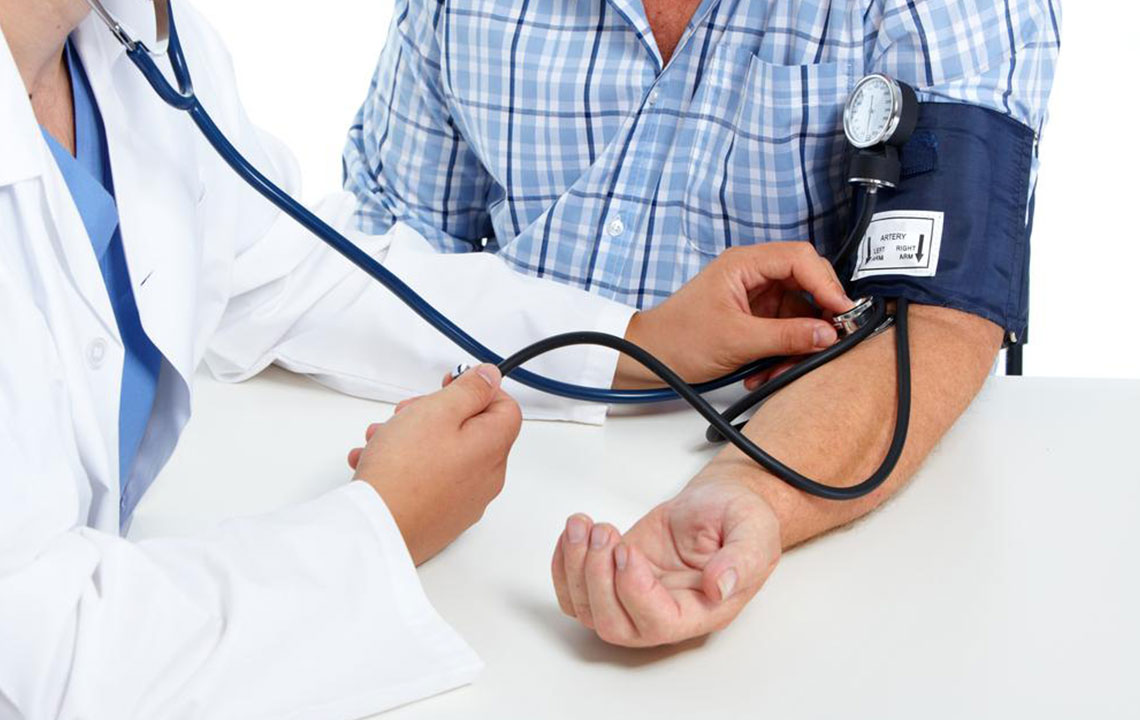Essential Post-Treatment Strategies for Bladder Cancer Patients
Proper post-treatment care is vital for bladder cancer survivors. This guide covers medication adherence, managing therapy side effects, health monitoring, recognizing recurrence, and emotional support. Regular doctor consultations and honest communication ensure effective management and improved quality of life after treatment. Seek professional medical guidance for personalized care plans to enhance recovery and prevent relapse.

Key Post-Treatment Guidelines for Bladder Cancer Survivors
Bladder cancer originates when malignant cells develop in the bladder, a hollow, muscular organ that stores urine from the kidneys. Normally, cells divide only when needed, but cancer cells proliferate uncontrollably, forming tumors. Once these cells spread, controlling the disease becomes more challenging. Early detection of symptoms significantly improves treatment outcomes.
Important post-treatment care tips include:
Adhere to prescribed medications: Follow your doctor's instructions carefully and keep medications available. Consult your healthcare provider if any medications seem ineffective. Maintain a well-stocked supply.
Manage chemotherapy responsibly: Take chemo treatments as scheduled, and inform your doctor if you experience adverse effects or feel unwell during therapy.
Monitor your health consistently: Develop a personalized follow-up plan based on your cancer stage, treatment received, side effects, and personal preferences. Schedule regular check-ups with your doctor.
Be vigilant for recurrence: Small cancer spots might remain unnoticed and cause relapse later. Regular testing can help detect any resurgence early.
Address long-term and emotional impacts: Treatments may cause persistent physical or emotional issues, sometimes appearing months or years after therapy. Managing these effects is crucial for overall well-being.
Communicate openly with your healthcare provider: Discuss all symptoms, side effects, and concerns during your visits. Share information about pain, daily functioning, mental health, or any new health issues, including other cancers.
Remember, keep your doctor informed about your health status and any changes you experience. Regular check-ins and honest communication help in managing your condition effectively.
Disclaimer: The information provided is for educational purposes only and should not replace professional medical advice. Always consult qualified healthcare providers for personalized diagnosis and treatment plans.










